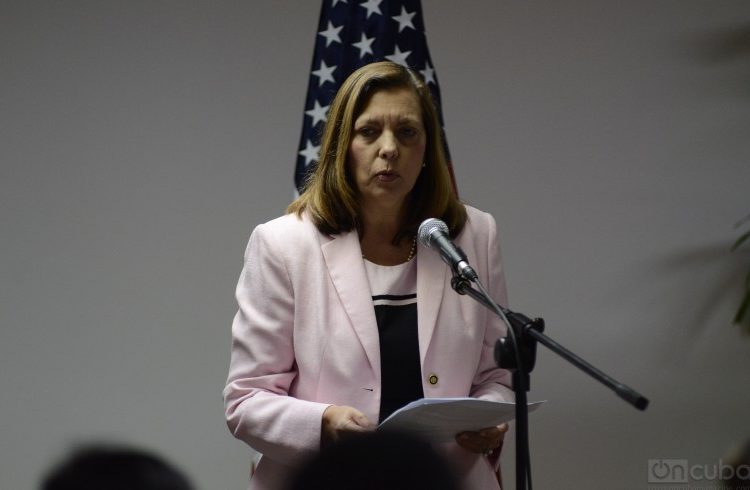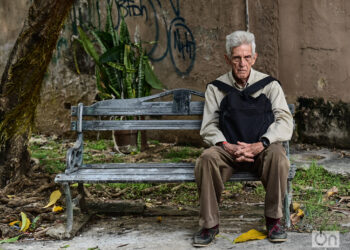The head of the Cuban delegation, Josefina Vidal, said the Cuban government recognizes that there has been a respect for commitment assumed by the US government to grant at least 20,000 visas a year to Cuban immigrants and has produced an increase also in visas granted to Cuban citizens for temporary visits to the United States.
Josefina said the Cuban delegation offered information demonstrating the satisfactory progress of the implementation of new immigration procedures contained in Cuban migration policy updated in January 2013.
There has been good cooperation between the competent authorities of both countries to tackle illegal immigration, smuggling and immigration fraud, the head of the Cuban delegation informed. She also announced that one of the agreements that have already taken is to have soon a technical meeting between experts from both countries to address issues related to fraud in immigration documents.
The two delegations agreed to assess as very satisfactory professional technical meetings held recently between the US Coast Guard and Cuba´s Coast Guard Troops on expanding cooperation.
The themes in which they have not reached agreements and where more work is needed were
-The persistence of the Cuban Adjustment Act and the policy of dry foot wet foot, which contradicts the spirit of the migration accords, which remains the main stimulus to illegal migration, trafficking in migrants and irregular entries to the USA from third countries of Cuban citizens legally traveling abroad.
Every Cuban migrant is not being returned to Cuba after being intercepted at sea, contrary to the migratory agreements.
-The continuation of the policy to encourage Cuban professionals and health technicians to abandon their missions in third countries. This does not correspond with the current state of bilateral relations between Cuba and the US.
Josefina Vidal said the Cuban government insists to discuss the Cuban Adjustment Act and the wet foot dry foot policy that considers the main incentive to illegal emigration and only applies in that country to Cuban citizens. Being a policy called wet foot dry foot rests with the Government and the Executive Branch to decide on its implementation, while the Cuban Adjustment Act, being a law, only the US Congress can change it, but the government has the power to rule regarding how this law is implemented, said Vidal.
Cuba aspires to a normal relationship with the United States, in the broadest sense and also in the area of migration, Josefina Vidal explained that since the 1994 agreements the US government pledged not to support illegal Cuban emigrants, which has not been fulfilled and added that the strangeness of this story is that only one nationality in the world receive an exceptional, preferential treatment than any other citizen of the world and therefore receives is what lends to have an irregular situation in the migratory flow between the two countries.
The head of the Cuban delegation concluded that this ¨ is a topic we have discussed for many years, we expect to keep talking about it in the future to normalize migration relations.¨
As a result of today’s talks the two delegations agreed to continue these talks on migration and continue to conduct technical meetings between counterparts in each country.










